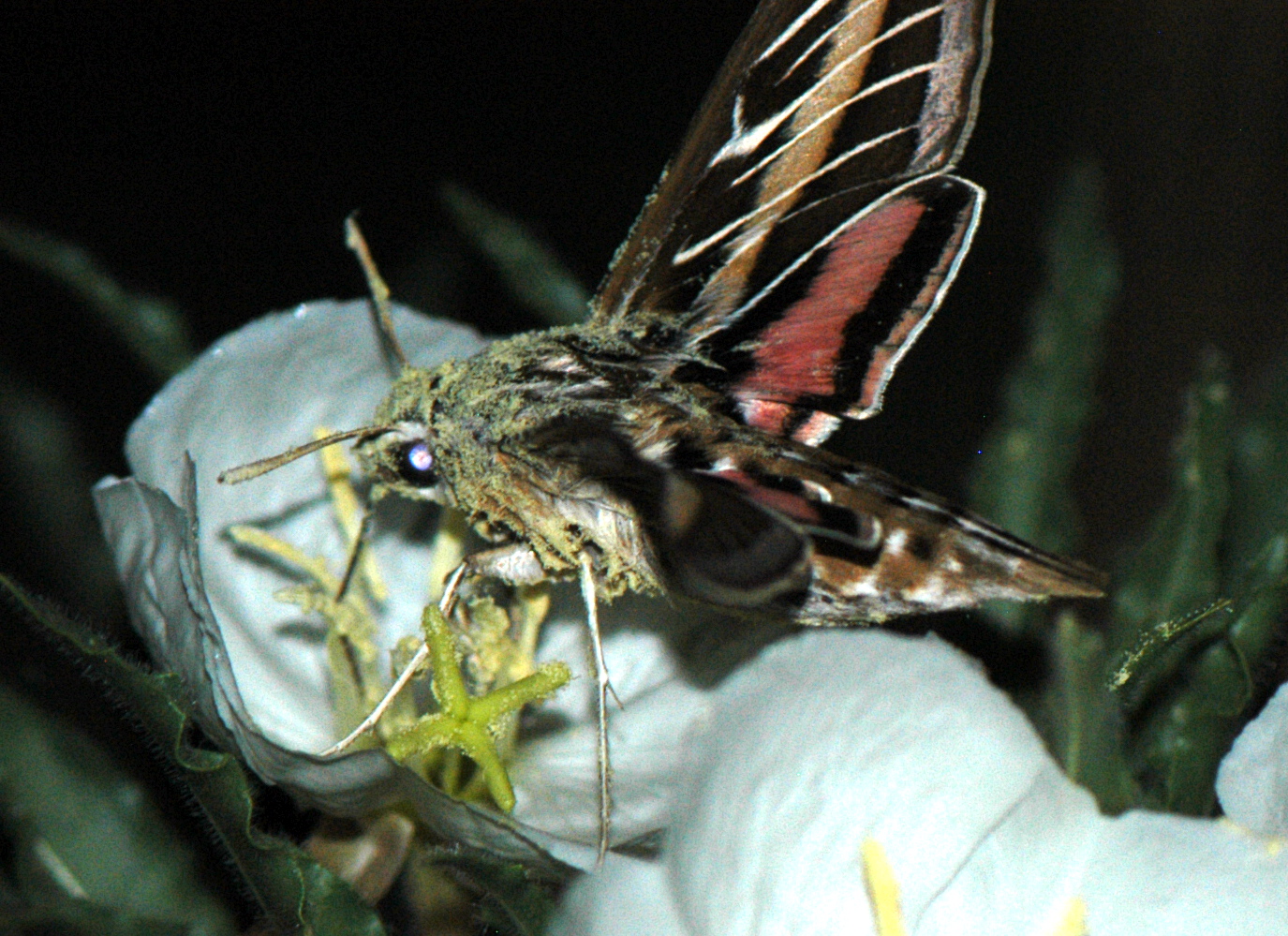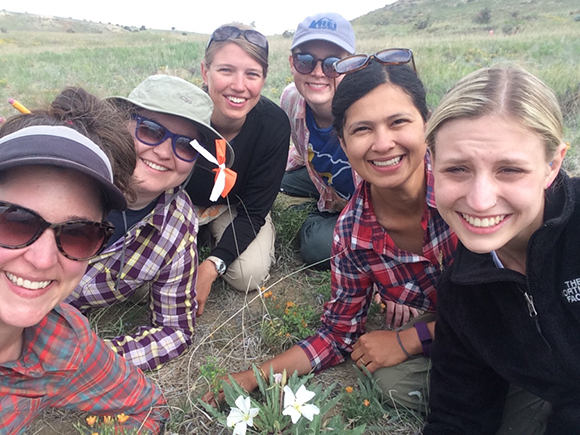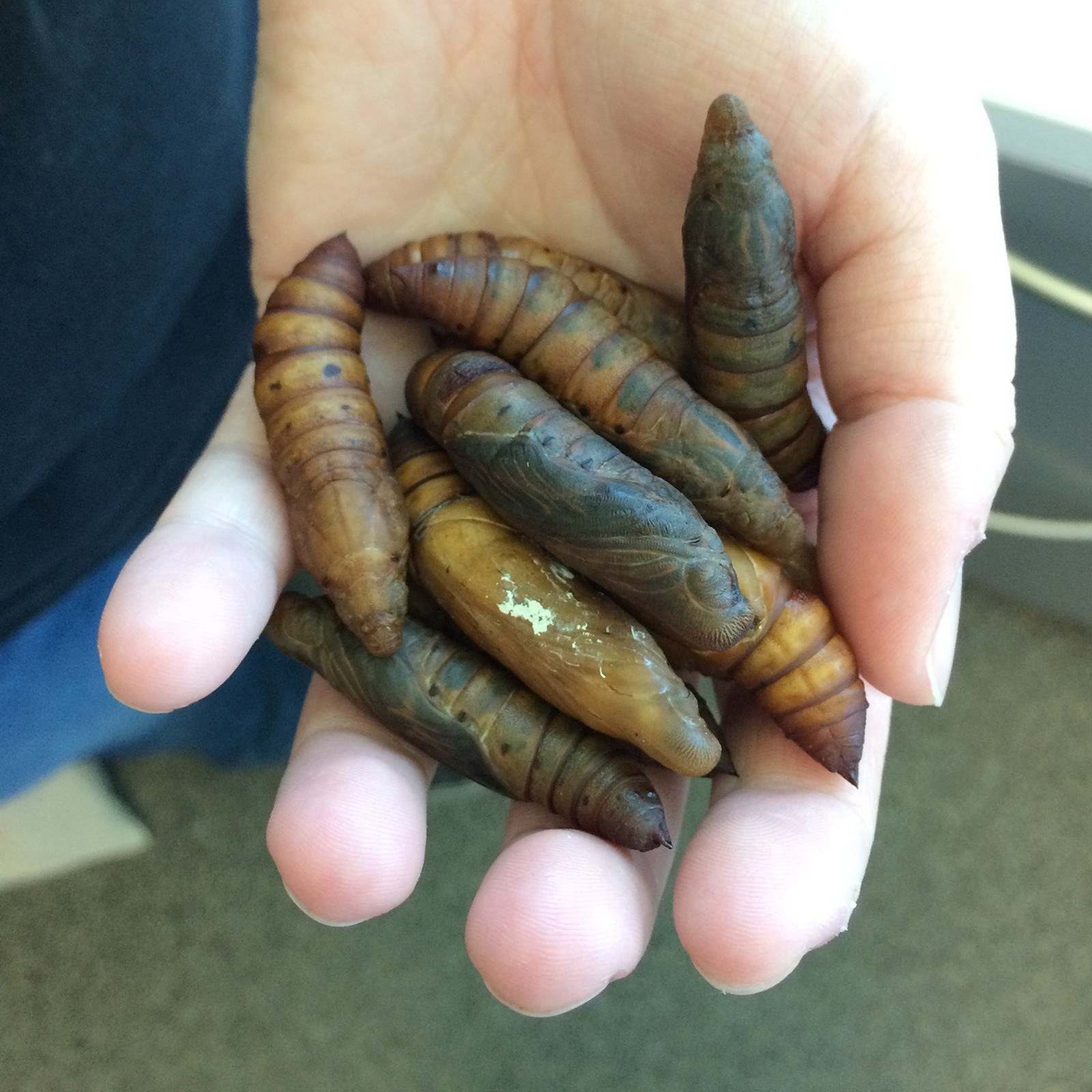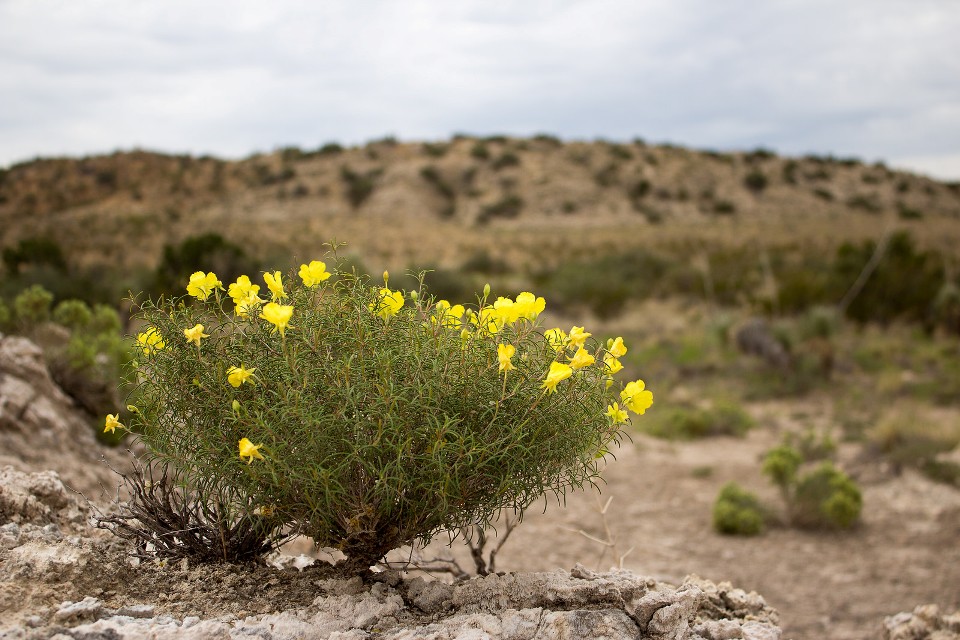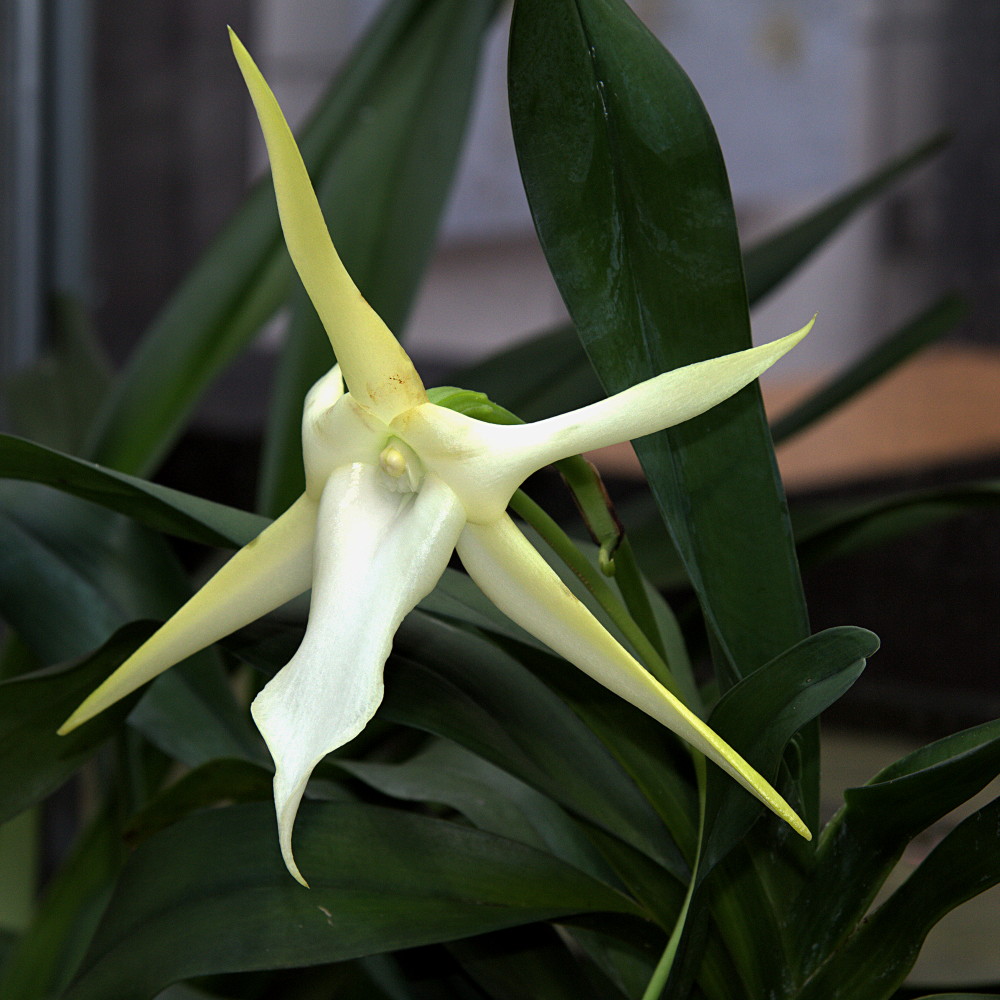Hawkmoth Pollination Promotes Promiscuity in Plants
Imagine an episode of the Jerry Springer Show in which the paternity of a child will be determined. Now imagine that instead of human beings, the show is focused on plants, and the issue at hand is the paternity of seeds produced by a given flower. Next, consider that instead of just two candidate dads, … Continue reading Hawkmoth Pollination Promotes Promiscuity in Plants

